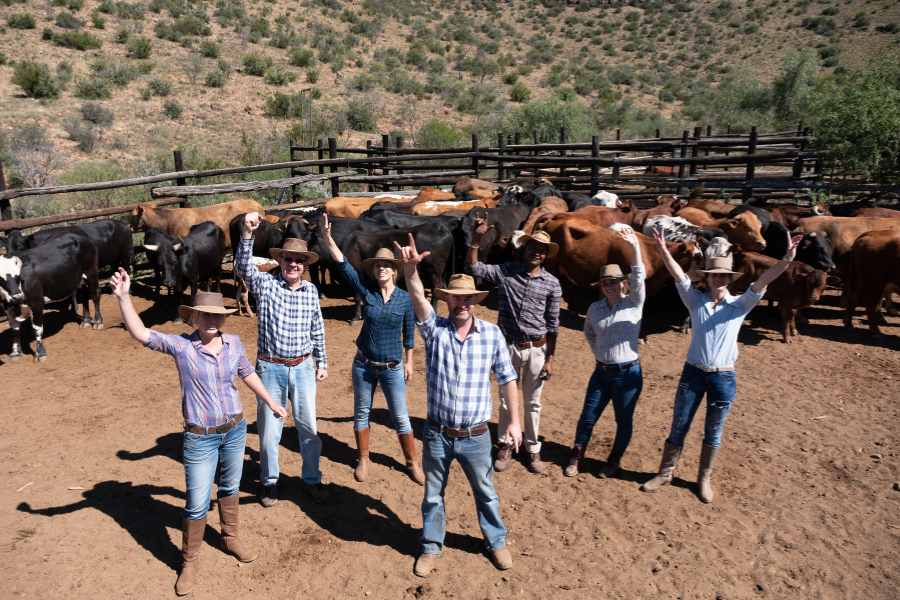As a farm owner or manager, you wear many hats, juggling the demands of daily operations with the long-term vision for your farm. It’s a role that requires not just knowledge of agriculture but also strong leadership skills to guide your team towards success. But let’s be honest, the journey to becoming an effective leader isn’t always straightforward. It’s filled with challenges that test your resilience, adaptability, and determination. This guide is here to help you navigate that journey, offering practical advice and simple strategies to enhance your leadership skills. These aren’t just tips; they’re the secrets behind the sustained growth of the most successful farm owners. By focusing on personal growth, you can unlock new levels of confidence and capability, leading your farm to thrive in today’s competitive and ever-changing agricultural landscape.
Simple Strategies to Enhance Your Leadership
1. Read Widely (or Listen):
Embrace the wealth of knowledge available in books, eBooks, or audiobooks on leadership, management, and agricultural trends. If sitting down with a book isn’t your style, audiobooks are a fantastic alternative, allowing you to learn on the go. Expanding your understanding in these areas can inspire new approaches to the challenges you face, providing fresh perspectives that are essential for growth and innovation on your farm.
2. Tune into Podcasts:
Podcasts offer an accessible way to absorb insights and advice from leaders in agriculture and beyond. Whether you’re working in the barn or driving to shops in the town, listening to episodes can motivate you and provide practical solutions for improving your leadership and farm management practices.
3. Find a Mentor:
Connecting with a mentor or engaging with a leadership coach who has a background in agriculture can offer you personalised advice and support. This one-on-one guidance is invaluable for navigating the unique challenges of the farming industry. Additionally, consider joining peer mentoring groups to share experiences and learn from fellow farm owners.
4. Join Workshops and Webinars:
Participating in workshops, seminars, and webinars focused on leadership and farm management can broaden your skill set and introduce you to a community of like-minded individuals. These opportunities for learning and networking can be incredibly beneficial, whether attended in person or accessed online for convenience.
5. Reflect and Set Goals:
Regular self-reflection on your leadership style, strengths, and areas for improvement is crucial. By setting specific, achievable goals for both your personal development and the progress of your farm, you can maintain a clear direction and measure your growth over time.
As a farm owner or manager, especially with a team depending on you, leadership is a journey of continual learning and growth. Committing to enhance your leadership skills can lead your farm to success, ensuring its sustainability and prosperity. This guide is your springboard, with simple steps to start strengthening your leadership today.
Take that first small step in your daily routine—it could be anything you believe will benefit you and your farm. Even small changes when repeated can lead to significant achievements. We know the farming life is full of highs and lows, but you’re not alone in this. A mentor who truly understands farming can offer the tailored advice you need, guiding you through challenges. It’s about finding a partner who knows the land and can provide the support you need to succeed.
Why not schedule a free Discovery Call with one of our experienced Farmer Coaches today?

 Enable Ag
Enable Ag

